Happy Birthday, Martha Gellhorn
One of the world’s first female war correspondents, Martha Ellis Gellhorn, was born on November 8, 1908, in St. Louis, Missouri.

One of the world’s first female war correspondents, Martha Ellis Gellhorn, was born on November 8, 1908, in St. Louis, Missouri.
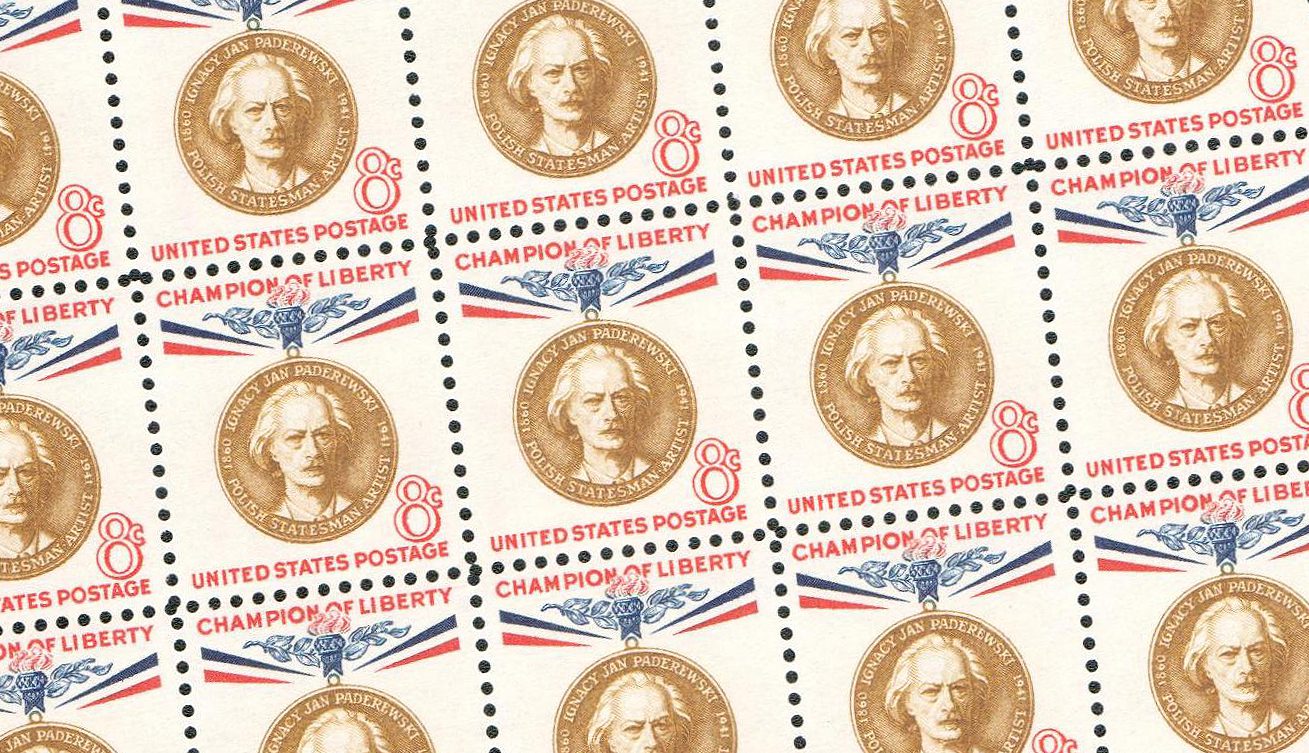
Ignacy Jan Paderewski was born on November 6, 1860, in Kuryłówka, Podolia (in present-day Ukraine). He was an accomplished pianist and composer as well as the first Prime Minister of independent Poland.
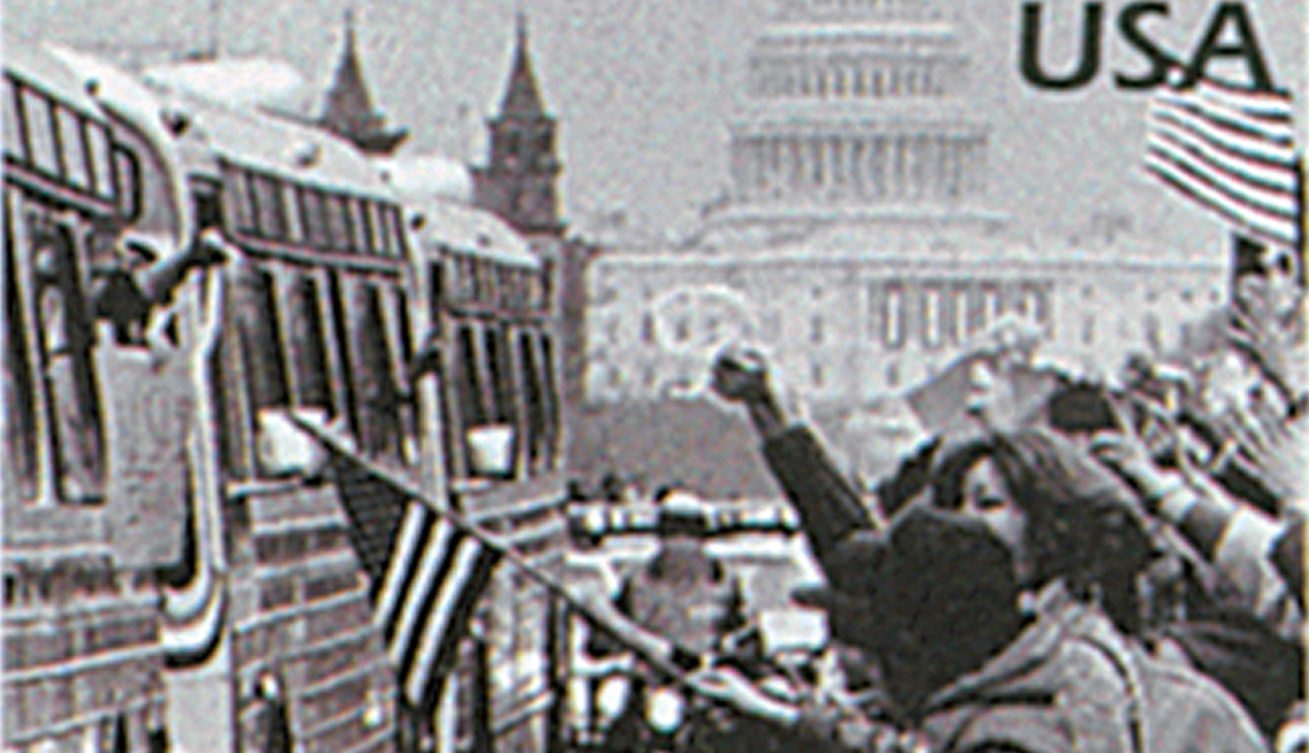
On November 4, 1979, Islamic militants seized the American embassy in Tehran, taking hostages. The crisis lasted for over a year, drawing worldwide attention, and playing a significant role in the 1980 presidential election.
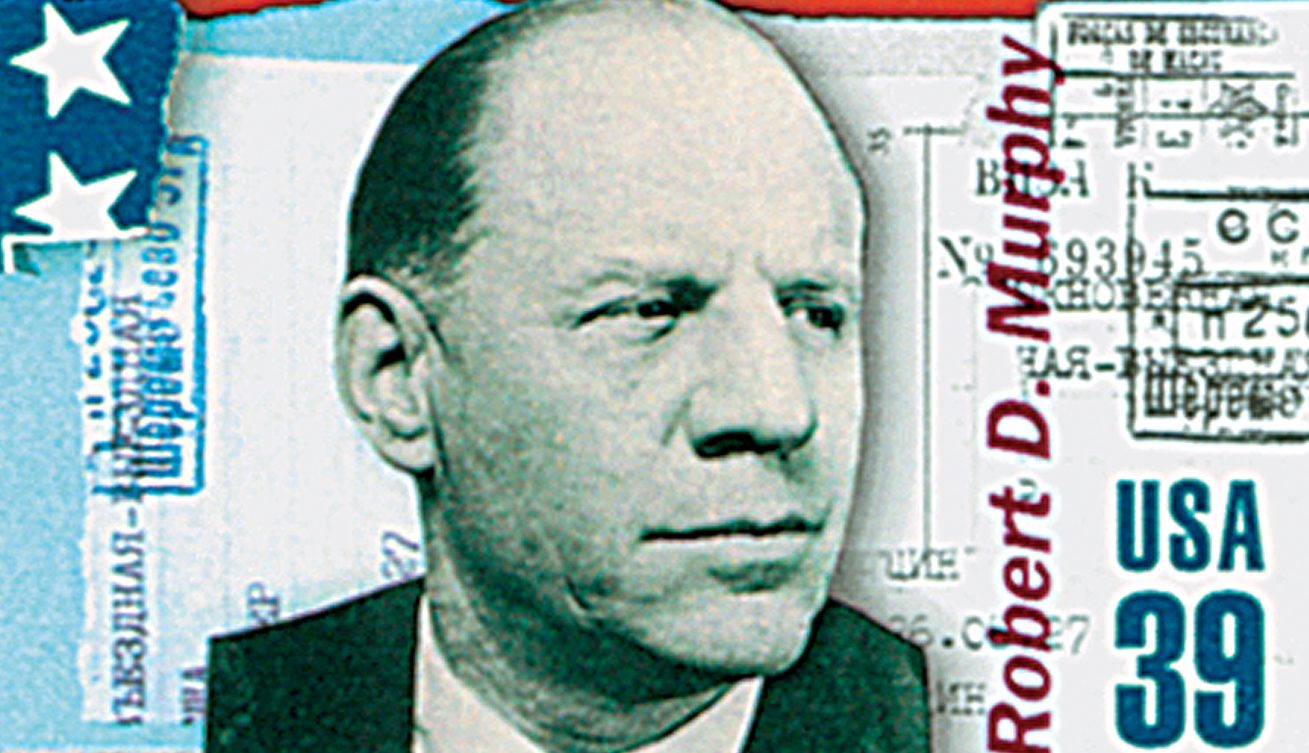
Robert Daniel Murphy was born on October 28, 1894, in Milwaukee, Wisconsin. He was an accomplished American diplomat who helped plan the Allied landings in North Africa during World War II.

On October 16, 1945, the United Nations created the Food and Agriculture Organization (FAO). Today, this date is celebrated as World Food Day.
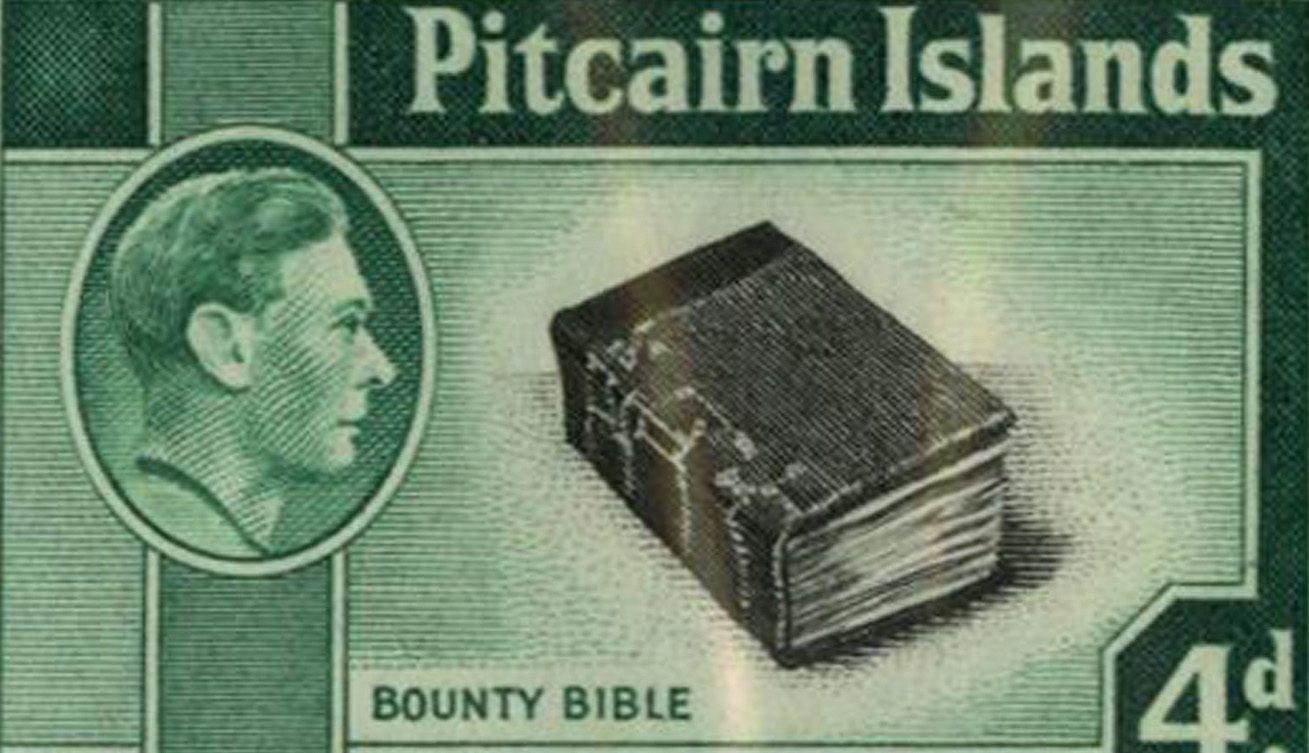
On October 15, 1940, the Pitcairn Islands Post Office opened, issuing the colony’s first stamps. These stamps were very popular with collectors and eventually helped support most of the colony’s budget.
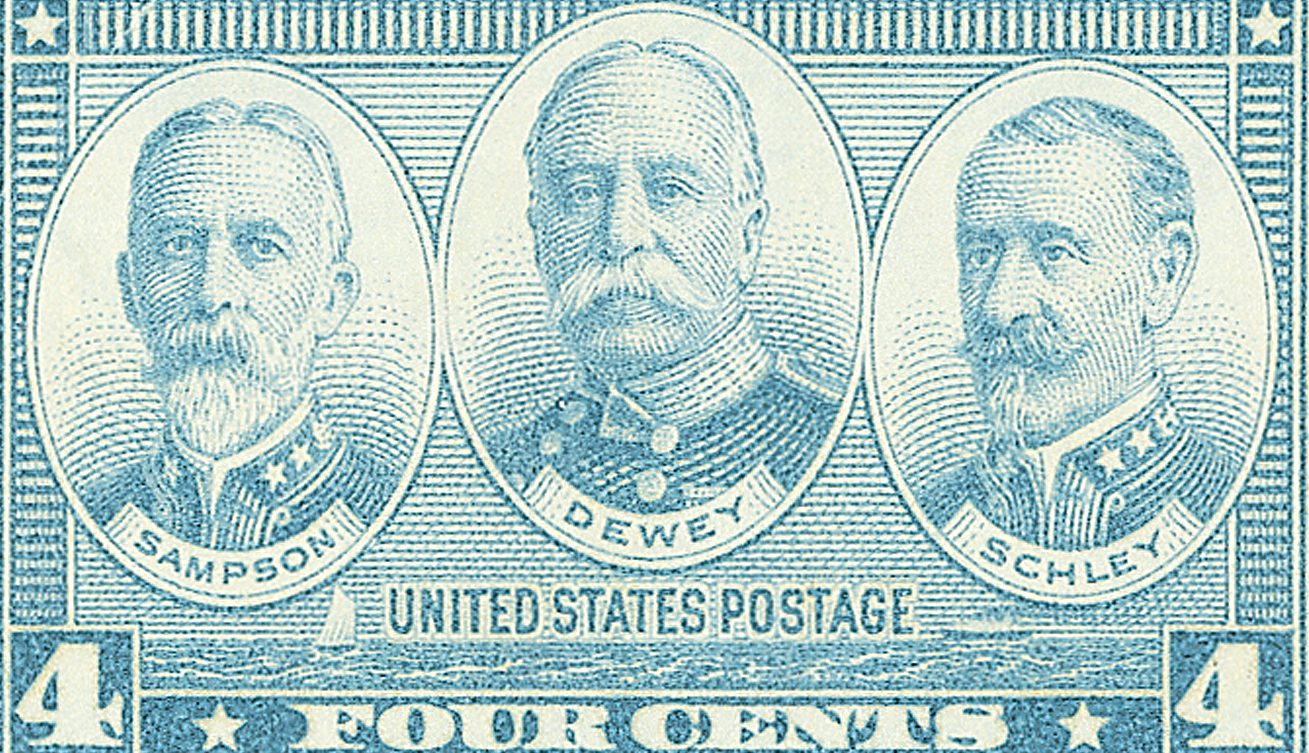
Winfield Scott Schley was born on October 9, 1839, near Frederick, Maryland. He served with distinction in the Civil War and Spanish-American War, most notably claiming victory at the Battle of Santiago.

On October 6, 1683, thirty-three Germans arrived in Pennsylvania to establish the first major German settlement in America. The settlement would go on to become the birthplace of the anti-slavery movement, first bank of the United States, and more.
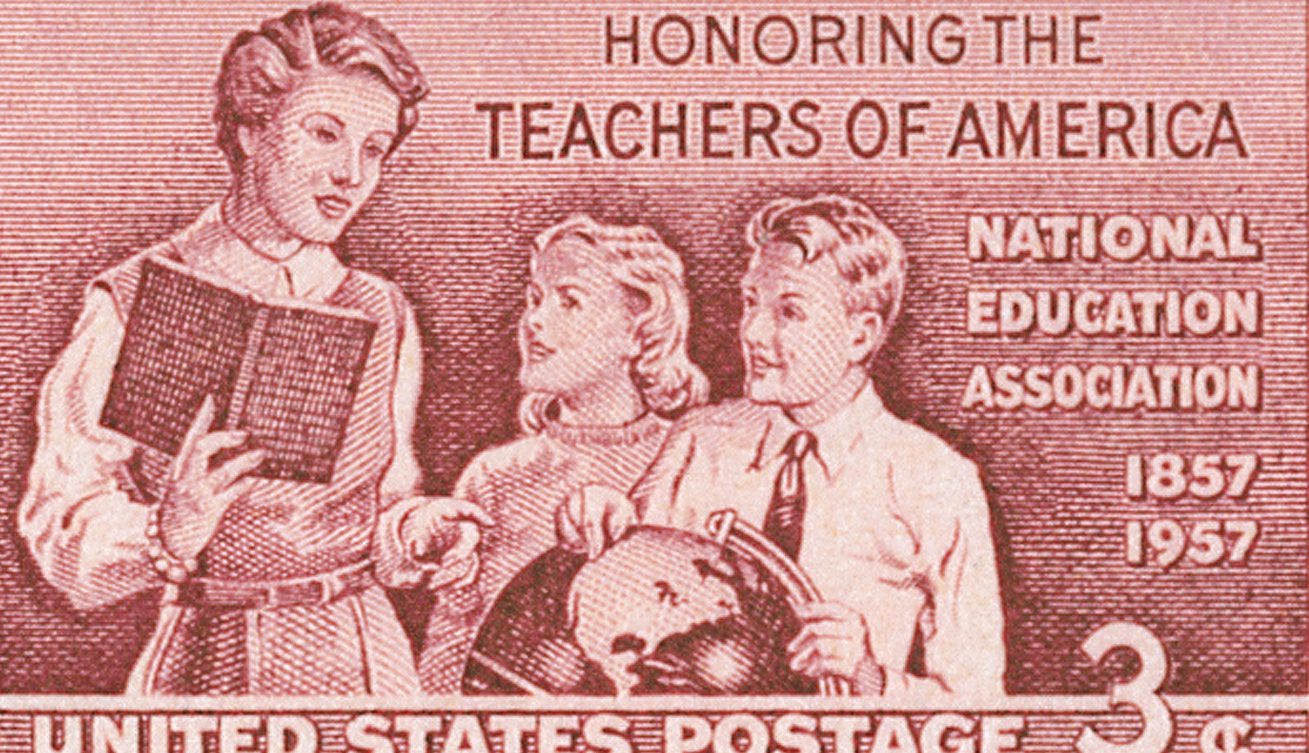
On October 5, 1994, the first World Teachers’ Day was observed. Also called International Teachers’ Day, it’s a time to appreciate our teachers and support efforts to improve their education and working conditions.